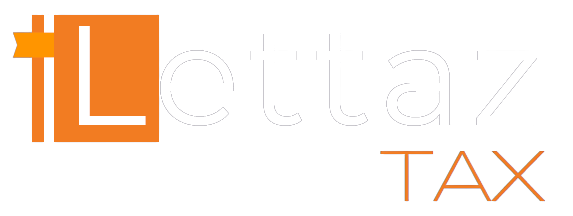 Lettaz Tax
Lettaz Tax
4 Courses
Transfer Pricing
Transfer
pricing refers to the pricing of goods, services, or intangibles within
multinational enterprises (MNEs) operating in different tax jurisdictions. This
paper explores the fundamental concepts, methods, and regulations associated
with transfer pricing. You will gain an understanding of how to determine arm's
length prices, comply with documentation requirements, and address the
challenges of transfer pricing in a global business environment. Practical case
studies and real-world examples will illustrate the importance of accurately
allocating profits and ensuring tax compliance across borders.
Principles of International Taxation
International taxation involves the principles and rules governing the taxation of cross-border transactions, ensuring fair and effective taxation while avoiding double taxation. This paper provides a comprehensive overview of the principles underlying international tax systems, including residence and source taxation, tax treaties, and the role of international organizations such as the OECD. You will explore key concepts like permanent establishments, foreign tax credits, and the application of anti-avoidance measures. Understanding these principles is crucial for developing tax-efficient strategies and managing international tax risks for multinational enterprises and individuals.
Energy Resources
The Energy Resources paper focuses on the unique tax considerations and challenges faced by the energy sector, including oil, gas, and renewable energy industries. You will examine the taxation frameworks applicable to energy resource exploration, extraction, and transportation activities, both domestically and internationally. Key topics covered include ring-fencing rules, fiscal regimes, special tax incentives, and environmental levies. Additionally, you will explore emerging trends such as carbon pricing and renewable energy tax credits, providing insights into the evolving tax landscape of the energy sector.
